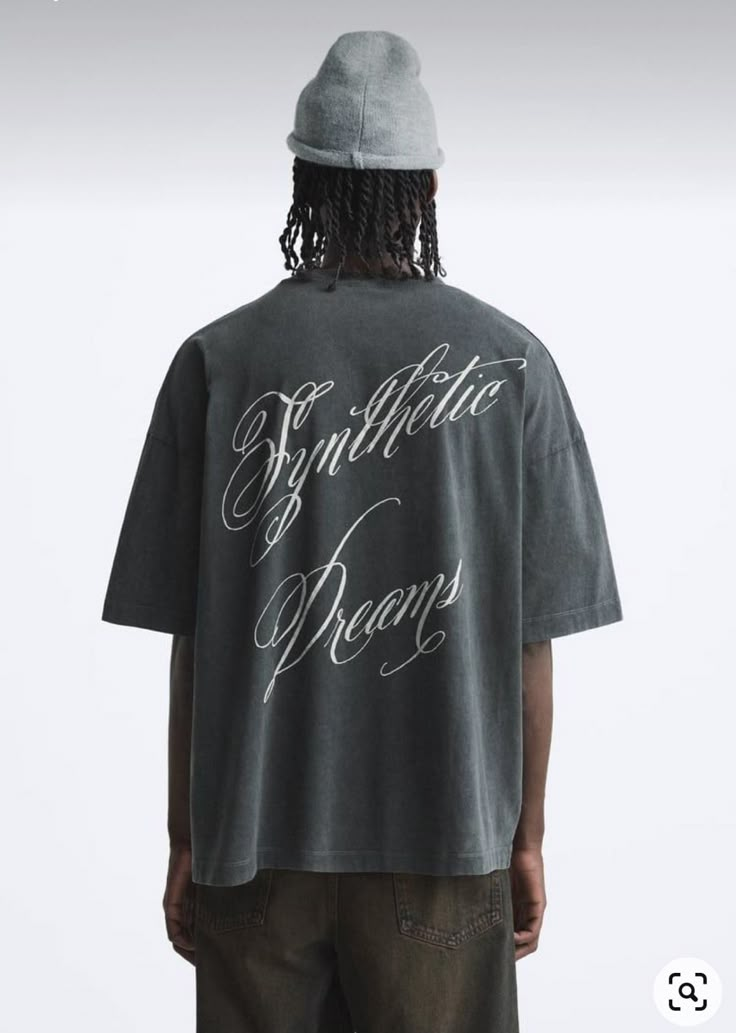
Understanding NFTs and Their Connection to Fashion
The fusion of fashion and technology has given rise to a new wave of innovation, and one of the most exciting developments in recent years
The fusion of fashion and technology has given rise to a new wave of innovation, and one of the most exciting developments in recent years is the integration of NFTs (Non-Fungible Tokens) with limited edition T-shirts. NFTs have disrupted multiple industries, from digital art to music, and are now making their mark in the apparel industry. The combination of blockchain technology and fashion is creating new opportunities for exclusivity, authenticity, and engagement, redefining the way consumers interact with clothing.
NFTs are unique digital assets stored on a blockchain that verify ownership and authenticity. Unlike cryptocurrencies such as Bitcoin or Ethereum, which are interchangeable, NFTs are one-of-a-kind, making them ideal for digital collectibles and exclusive merchandise. The fashion industry has embraced NFTs as a means to enhance limited edition items, offering buyers a verifiable proof of ownership and an added layer of exclusivity. When applied to T-shirts, NFTs can serve multiple purposes, from authenticating the item’s rarity to providing access to exclusive events or digital content.
Limited edition T-shirts have always held a special place in fashion, often tied to collaborations, special events, or cultural movements. NFTs add a new dimension to these releases by offering:
Several fashion brands and artists have successfully implemented NFTs into their limited edition T-shirt releases. Some notable examples include:
The integration of NFTs with limited edition T-shirts is revolutionizing the fashion industry by redefining authenticity, exclusivity, and consumer engagement. By leveraging blockchain technology, brands can offer verifiable proof of ownership, prevent counterfeiting, and create digital experiences that enhance the value of physical garments. While challenges such as consumer education, environmental concerns, and security risks remain, advancements in eco-friendly blockchain solutions and user-friendly platforms are paving the way for wider adoption.

The fusion of fashion and technology has given rise to a new wave of innovation, and one of the most exciting developments in recent years

The T-shirt has long been more than just a basic item of clothing. It has served as a blank canvas for personal expression, cultural movements,